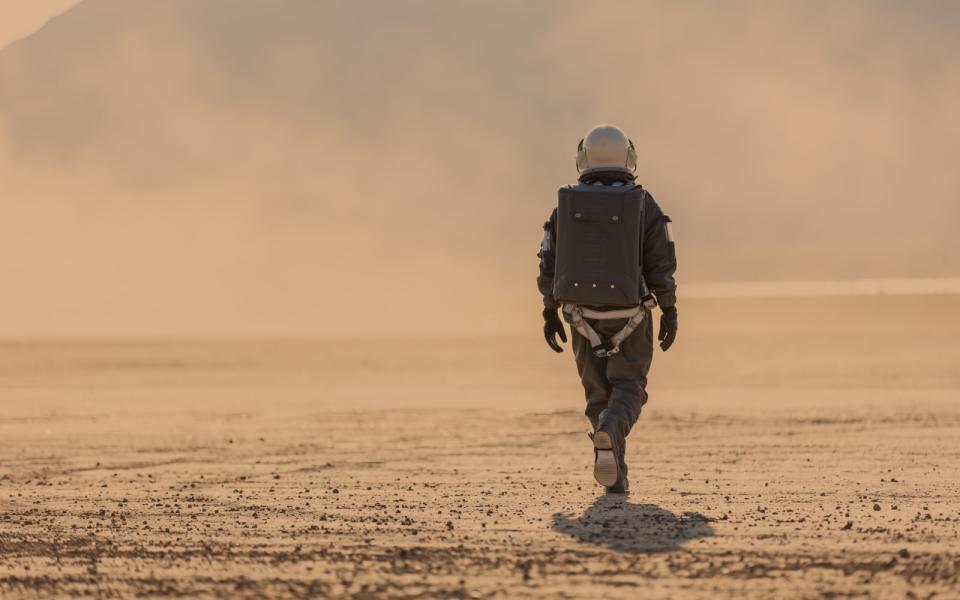Deep space travel could destroy astronauts' guts
We still have huge hurdles to overcome before we can travel to other planets.
We can't send astronauts on deep space missions without knowing how the journey will affect the human body -- what's the point of sending them to Mars if they won't even make it to their destinations? That's why researchers have been looking into the effects of deep space travel on human spacefarers. A group of investigators at Georgetown University Medical Center, for instance, has recently discovered that when gastrointestinal tissues are bombarded by galactic cosmic radiation (GCR), their functions get altered. And if the way they function changes, astronauts could develop cancerous tumors in the stomach and colon.
GCR doesn't affect us here on Earth, because we're being protected by our planet's magnetosphere. We didn't evolve to be able take huge doses of it without that extra protection -- and no, current shielding technology can't block it out. The study's lead investigator, Kamal Datta, explained: "Heavy ions such as iron and silicon are damaging because of their greater mass compared to no-mass photons such as x-rays and gamma rays prevalent on Earth, as well as low mass protons in outer space."

The researchers conducted their experiment by exposing mice to a low dose of iron radiation. They found that the mice exposed to that type of radiation weren't able to adequately absorb nutrients from food anymore and even developed cancerous polyps. The control group and the mice only exposed to gamma rays didn't show the same symptoms. Datta added that there's also evidence that iron radiation can induce DNA damage to GI cells, causing them to "generate oxidative stress and inflammatory molecules that induce more damage." So, how can we protect spacefarers' guts from radiation damage? Space companies and agencies will have to develop shielding technology that can keep it out and to create medicine astronauts can take to protect their guts.


